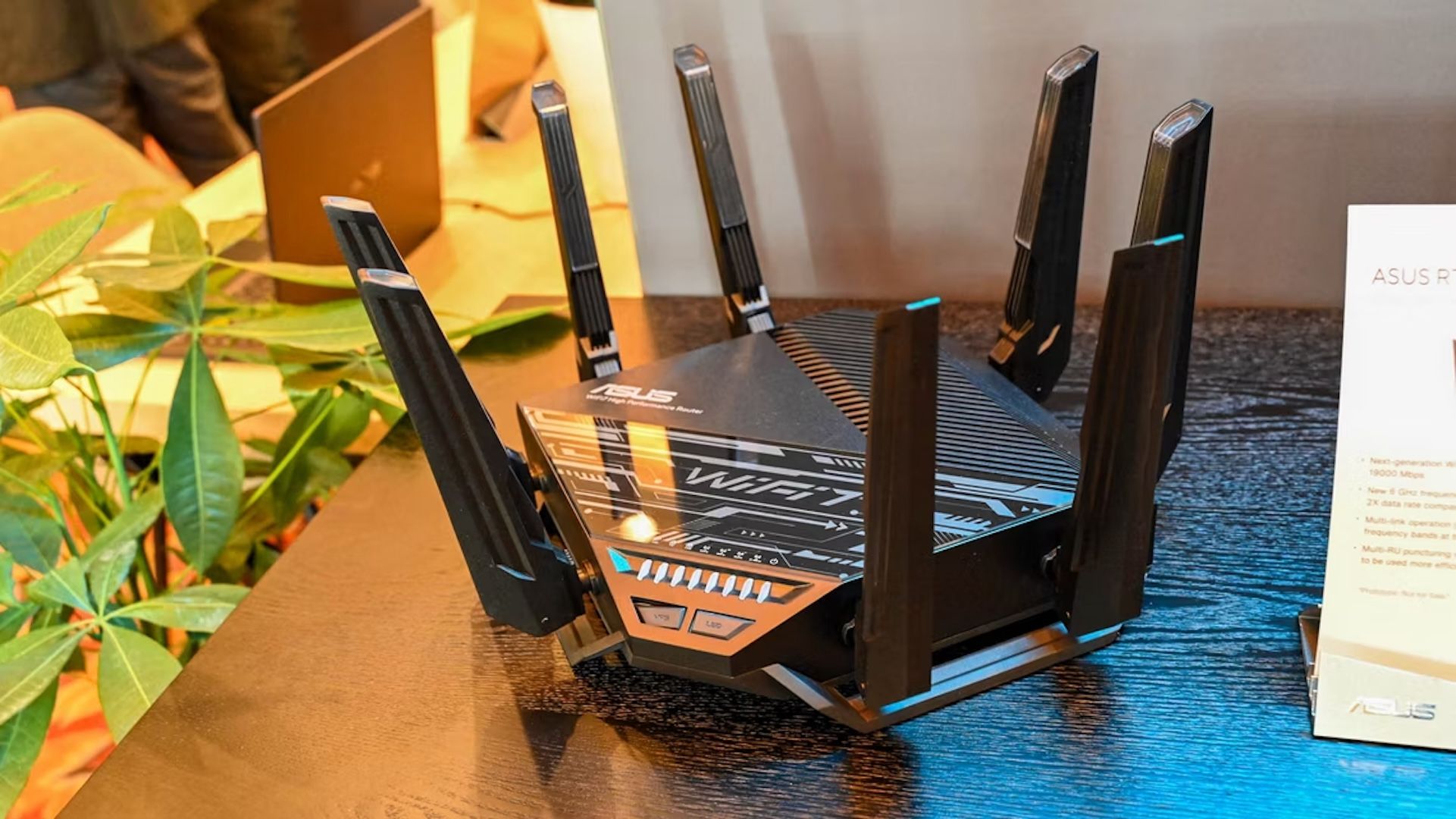If you’re looking to blanket your surroundings with sweet Wi-Fi while you’re out and about, there are two options you’ve probably seen. But it can be tricky to decide between a mobile hotspot or a mobile router. Here are some key differences between the two and why you may prefer one over the other.
What’s a Mobile Hotspot?
If you use a smartphone regularly, there’s a good chance you’ve at least seen the term “mobile hotspot” come up before. Possibly while digging through your own phone’s settings. Functionally, this feature takes the cellular data signal your phone or dedicated mobile hotspot device is receiving and filters it back out as a Wi-Fi signal for other devices to connect with. Think of it as a kind of wireless signal adapter or hub, of sorts, that creates an ad-hoc wireless connection (a.k.a. peer-to-peer).
Mobile hotspots can be useful when you’re traveling and need internet access on a device (for example, a laptop) that doesn’t have the ability to connect to a cellular data network. Situations like needing to write and submit work via laptop while commuting on a train, staying in a hotel without Wi-Fi, and so on.
How’s a Mobile Router Different?
Mobile routers are, by contrast, actually not all that different from a mobile hotspot. There are differences, to be sure, but they perform the same basic function: converting a cellular data signal into Wi-Fi, which other devices can then connect to in order to access the internet.
That being said, mobile routers are designed to be much more stationary—you set them up at home or in the office, and that’s pretty much it. This lack of portability comes with the trade-off of what’s usually a stronger Wi-Fi signal, allowing devices within a larger physical range to connect rather than having to remain fairly close to smaller mobile hotspots.
Which is Better?
Choosing between a mobile hotspot and a mobile router ultimately comes down to the situation. Are you traveling and want to be able to set up a personal Wi-Fi signal quickly and easily? Hotspot. Do you want to set up a stronger, more permanent Wi-Fi signal in a static location? Router.
Carrier costs are also something to consider. Most cellular plans these days account for a certain amount of data usage every month, so if you find yourself needing a hotspot fairly often, there could be consequences. For some plans, this could mean a reduction in data speeds until the next billing cycle, while others might hit you with extra fees that could lead to an eye-watering bill later.
Interestingly, in the case of mobile routers, carrier fees aren’t quite as much of a concern. You’ll still have to pay for cellular network access, to be sure, but in some cases, the cost of a home cellular network might actually be cheaper than home internet—or at least comparable. The catch in this instance is that performance is more reliant on how close you might be to network towers and how strong the signal is (which can be affected by topography, nearby buildings, etc.). But if you are in a good spot for a strong signal, you could very well experience speeds that outpace wired internet and possibly cost less than your local home internet options.
Mobile hotspots and routers both have their strengths and weaknesses. Hotspots are best suited for situations where you’re away from home and need to use the internet for a bit, while routers are far more sedentary but supply a stronger signal. Really, though, there’s no reason you can’t utilize both if you have the interest and the means.






